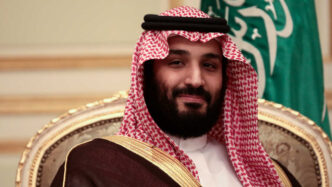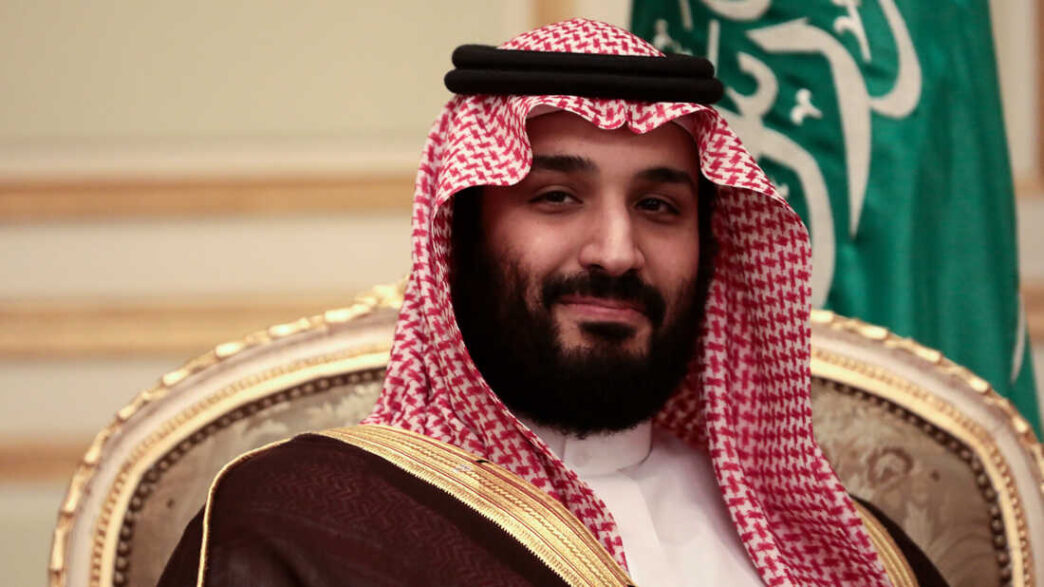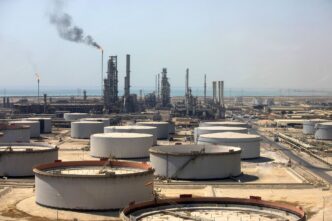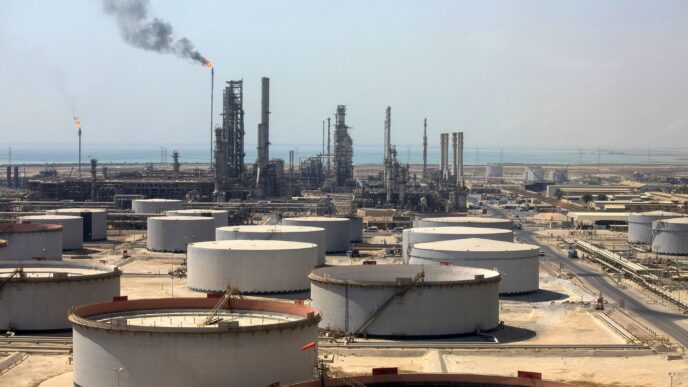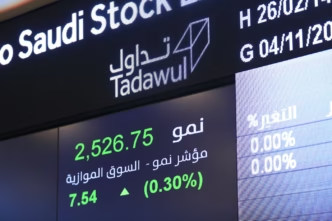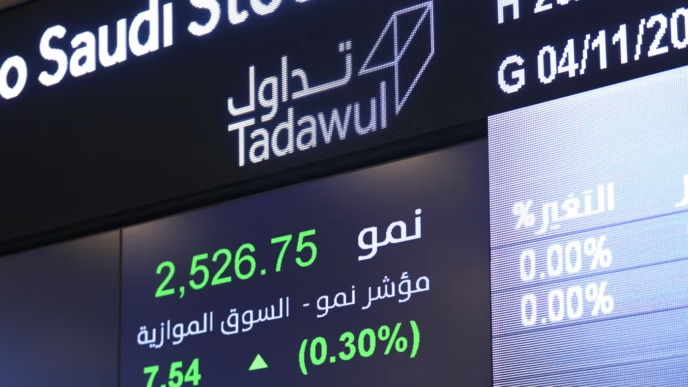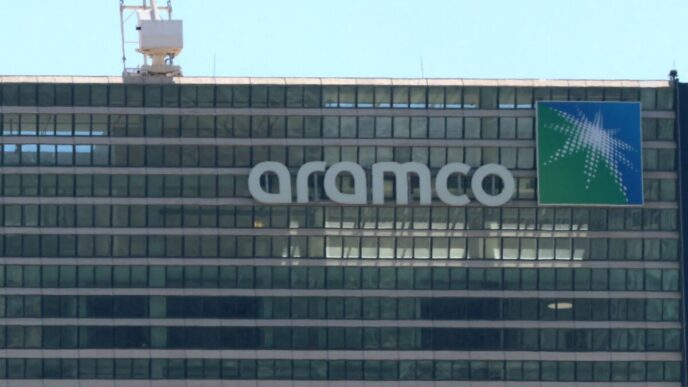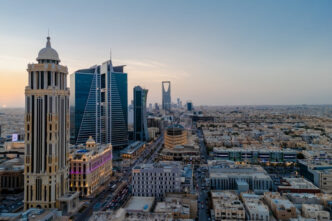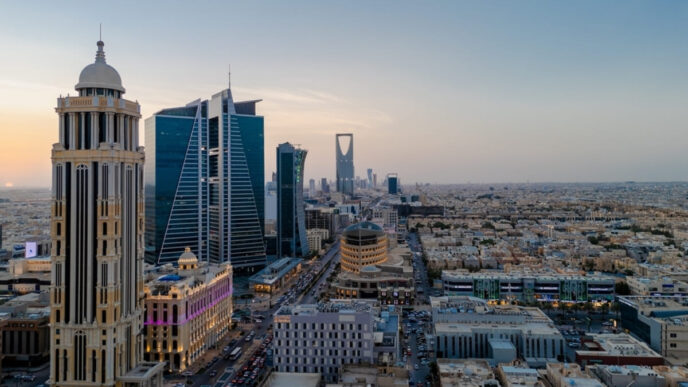Mohammed bin Salman Al Saud, widely known as MBS, has rapidly transformed from a little-known royal into one of the most powerful and controversial leaders in the Middle East. As Crown Prince of Saudi Arabia, MBS has redefined the kingdom’s political landscape, reshaped its economy, and positioned himself as the central architect of its future.
Appointed Crown Prince in 2017, MBS swiftly consolidated power, sidelining rivals and taking control of key government portfolios. His bold Vision 2030 plan aims to diversify Saudi Arabia’s oil-dependent economy by investing in sectors such as tourism, technology, and entertainment. Under his leadership, the country has launched massive megaprojects, including NEOM — a \$500 billion futuristic city — and implemented social reforms that include lifting the ban on women driving and easing restrictions on public entertainment.
However, his rise has not been without controversy. The 2018 murder of journalist Jamal Khashoggi at the Saudi consulate in Istanbul drew global condemnation and cast a shadow over his leadership. Still, MBS has maintained strong ties with global powers and has been instrumental in recalibrating Saudi foreign policy to expand regional influence and economic cooperation.
Crown Prince Mohammed bin Salman stands as a symbol of both change and control in a rapidly evolving kingdom — a leader intent on steering Saudi Arabia into a new era, while tightly holding the reins of power.


